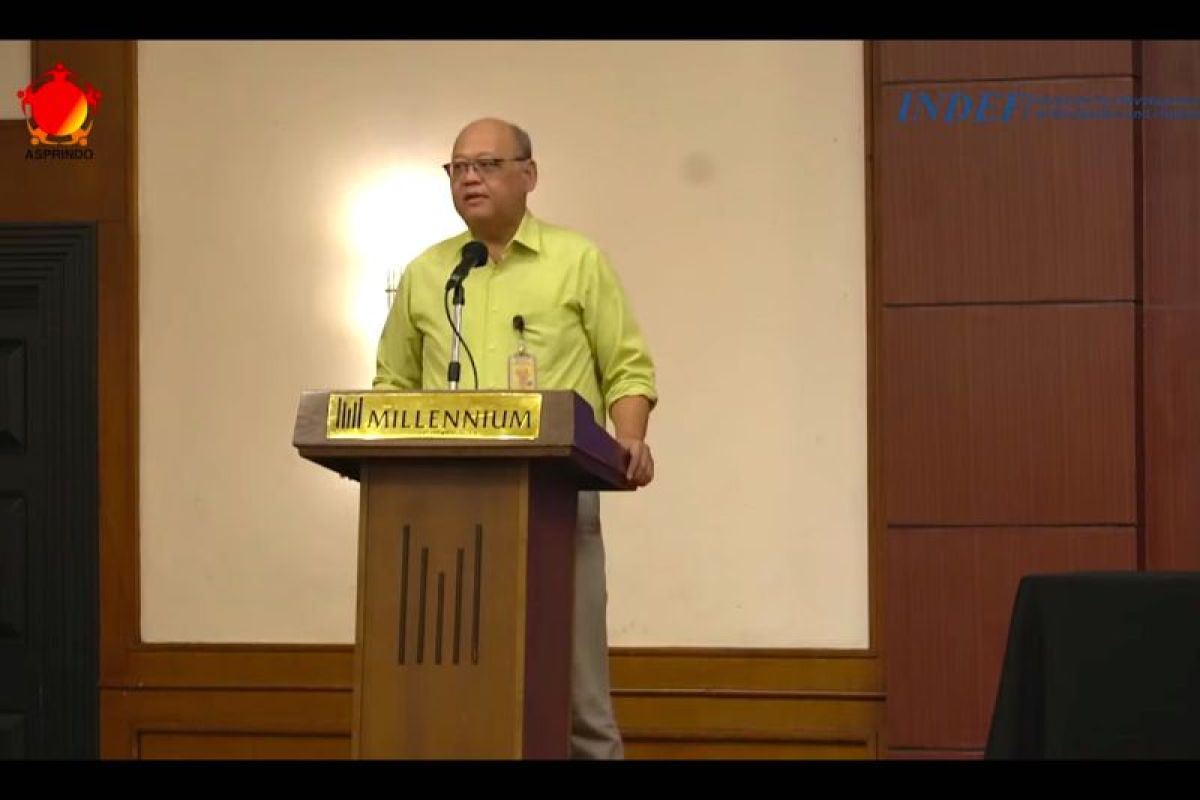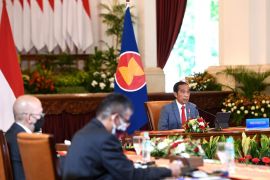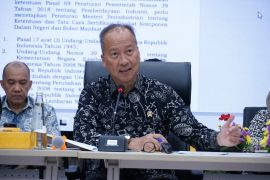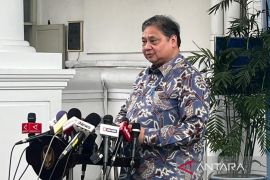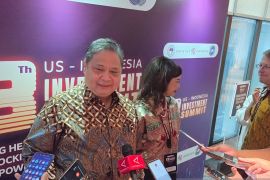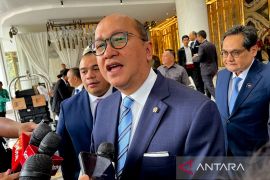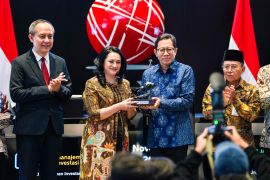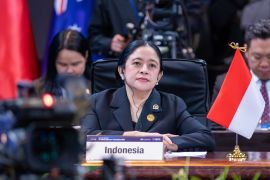"This foreign investment is important. I need to convey this fact because many people in our country are not pro foreign investment," he remarked during the national seminar to evaluate a decade of President Joko Widodo's administration here on Thursday.
Priyono noted that the saving investment gap was based on an understanding that investment should come from savings.
"Hence, the funds that we save or the community saves in the bank are then distributed by banks in the form of credit, which is then used as investment financing," he remarked.
"There should be a balance between savings and investment. Well, in our case, we do not have such balance. We have investment needs that are much greater than our savings, that is why the savings investment gap appears," Priyono elaborated.
Hence, when domestic funds are insufficient, foreign investment becomes important to meet the increasing need for investment.
Indonesia's FDI for almost a decade was USD28.53 billion in 2014. It continued to increase to USD29.27 billion in 2015, USD28.96 billion in 2018, USD32.23 million in 2017, and USD29.30 billion in 2018.
The country further recorded USD28.20 billion of FDI in 2019, USD28.66 billion in 2020, USD31.09 billion in 2021, USD45.60 billion in 2022, and USD50.26 billion in 2023.
Several countries, including Singapore, Malaysia, Hong Kong, Japan, Malaysia, the US, the Netherlands, and South Korea, have invested the largest FDI in the country.
Related news: Australia's investment in Indonesia reaches US$545.2 million in 2023
Related news: Investment flows into ASEAN grew 5 percent in 2022
Translator: M. Baqir Idrus Alatas, Yashinta Difa
Editor: Rahmad Nasution
Copyright © ANTARA 2024
